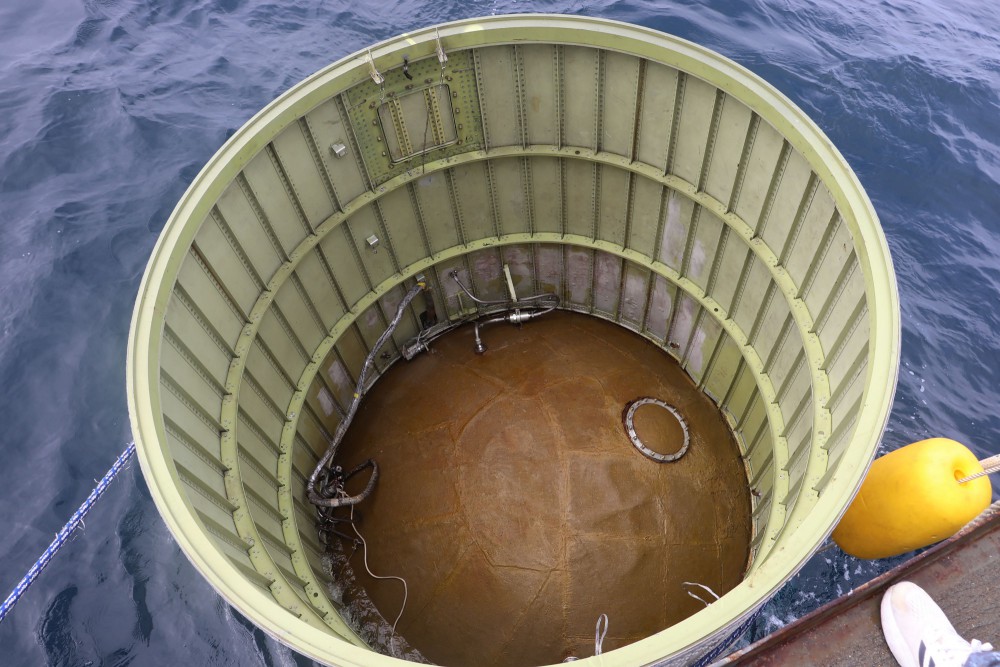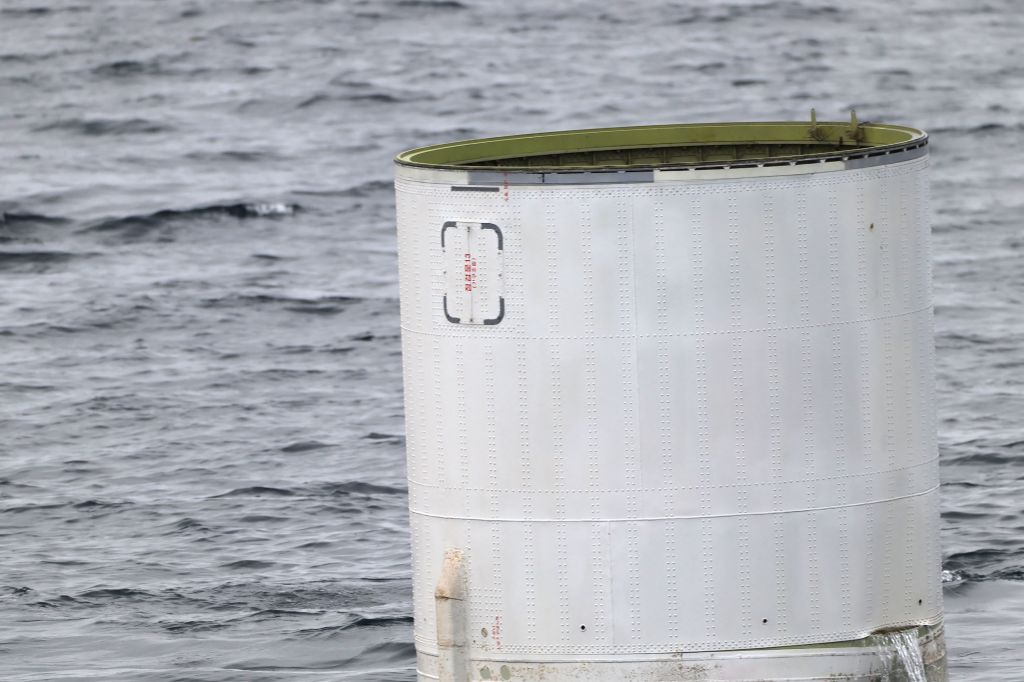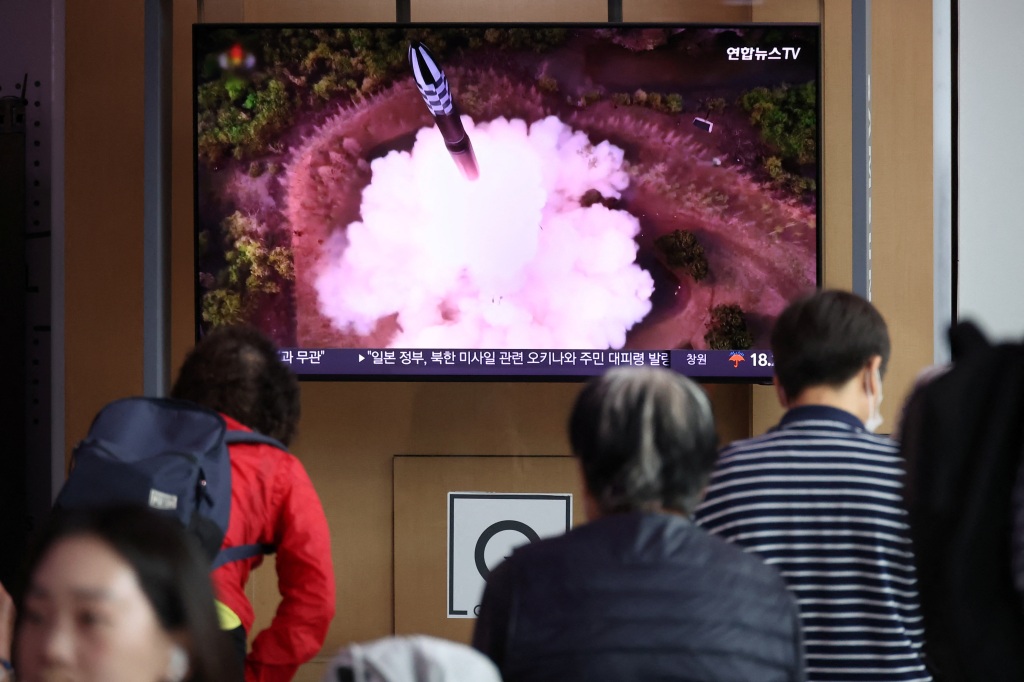North Korea missile launch that put South Korea, Japan on high alert ends in failure
A rocket launched from North Korea early Wednesday morning put neighboring South Korea and Japan on high alert before ultimately ending in failure.
State media reported that the rocket carrying the satellite crashed into waters off the Korean Peninsula’s western coast after it lost thrust following the separation of its first and second stages.
It said scientists were examining the cause of the failure.
The rocket was launched about 6:30 a.m. from the northwestern Tongchang-ri area, where North Korea’s main space launch center is located, the South Korean Joint Chiefs of Staff said in a statement.
South Korean media reported earlier that the presidential office had convened a security meeting after the launch.
The South’s Joint Chiefs of Staff on Wednesday did not immediately provide further flight details.
Following the launch, officials in South Korea’s capital of Seoul sent alerts over public speakers and smartphones for residents to prepare for evacuation, but there were no immediate reports of damages or disruption.
South Korea’s military said the rocket had “an abnormal flight” before it fell in the waters.
It also said it bolstered its military readiness in close coordination with the United States.
Japan’s Chief Cabinet Secretary Hirokazu Matsuno told reporters that no object was believed to have reached space.

Residents around Okinawa, Japan, meanwhile, were earlier being advised to take shelter.
Wednesday’s rocket launch came after the North announced a plan to put its first military spy satellite into orbit to monitor US joint military drills with South Korea.
Japan’s coast guard said Monday that North Korea informed it of a plan to launch a satellite between May 31 and June 11.

The coast guard issued safety warnings for ships in the area on those dates due to the possible dangers of falling debris.
A satellite launch by North Korea is a violation of U.N. Security Council resolutions that ban the country from using ballistic technology because it’s regarded as a cover for missile tests.
National Security Council spokesperson Adam Hodge condemned the launch, saying it “raises tensions, and risks destabilizing the security situation in the region and beyond.”

“This claimed space launch involved technologies that are directly related to the DPRK intercontinental ballistic missile program. The President and his national security team are assessing the situation in close coordination with our allies and partners,” he said.
“We urge all countries to condemn this launch and call on the DPRK to come to the table for serious negotiations. The door has not closed on diplomacy, but Pyongyang must immediately cease its provocative actions and instead choose engagement. The United States will take all necessary measures to ensure the security of the American homeland and the defense of our Republic of Korea and Japanese allies.”
North Korea placed Earth-observation satellites in orbit in 2012 and 2016, though their capabilities have been questioned.
Foreign experts have said those earlier satellites never transmitted imagery back to North Korea, and analysts say the new device displayed in state media in recent weeks appeared too small and crudely designed to process and transfer high-resolution imagery.
Read the full article Here


